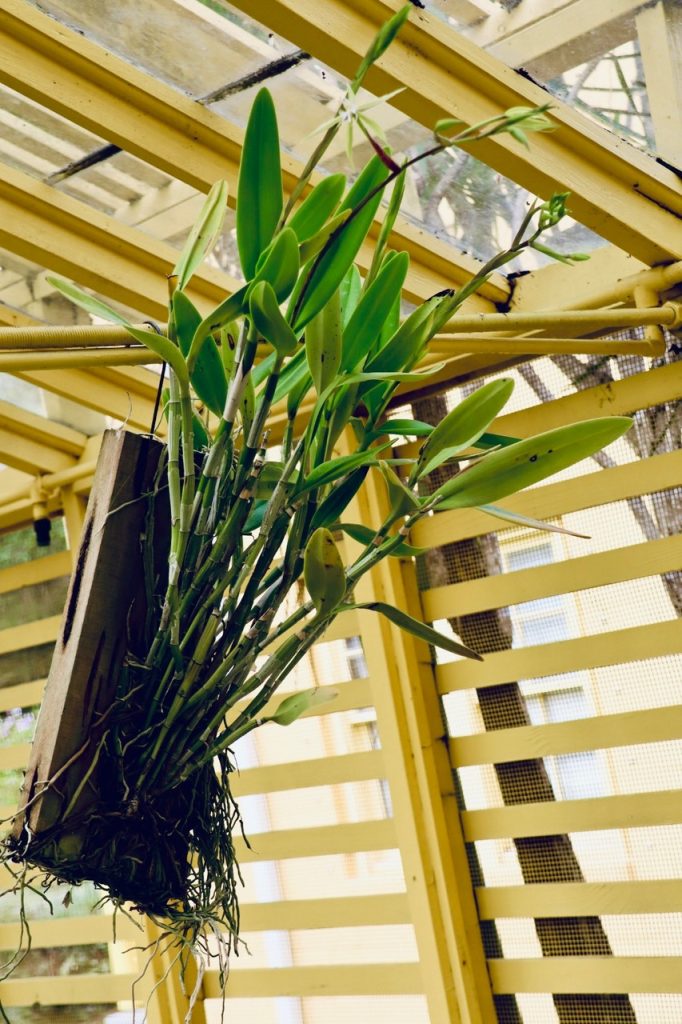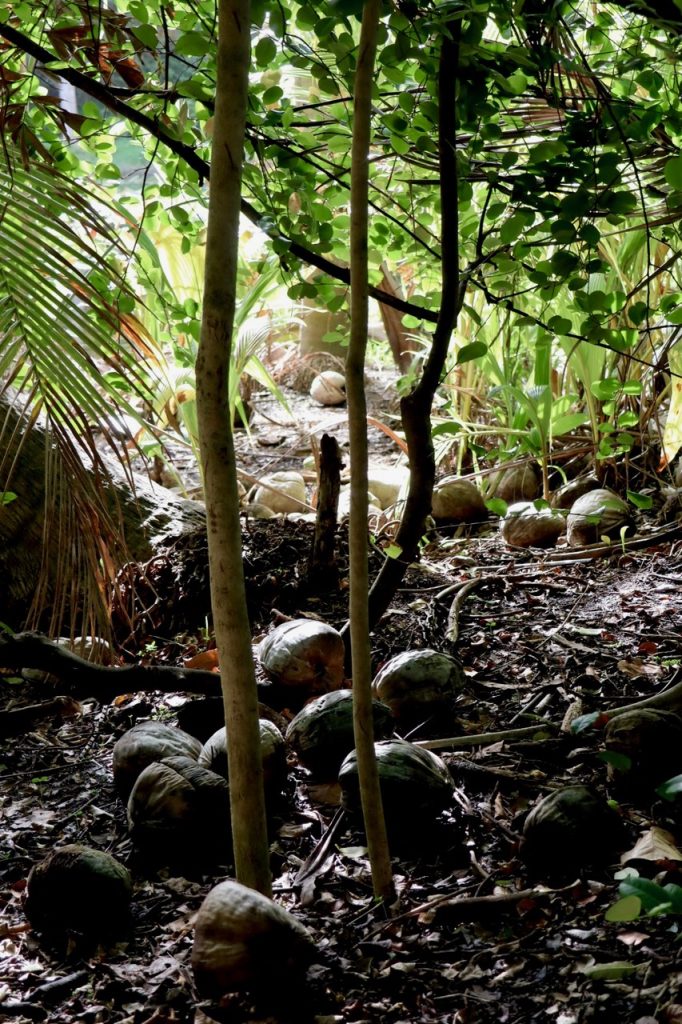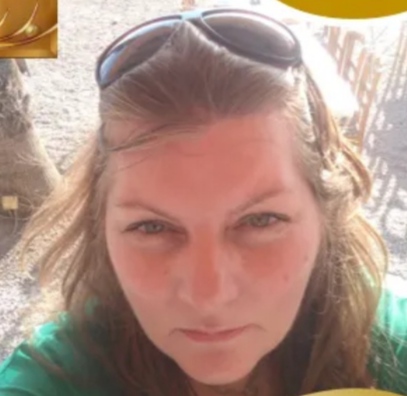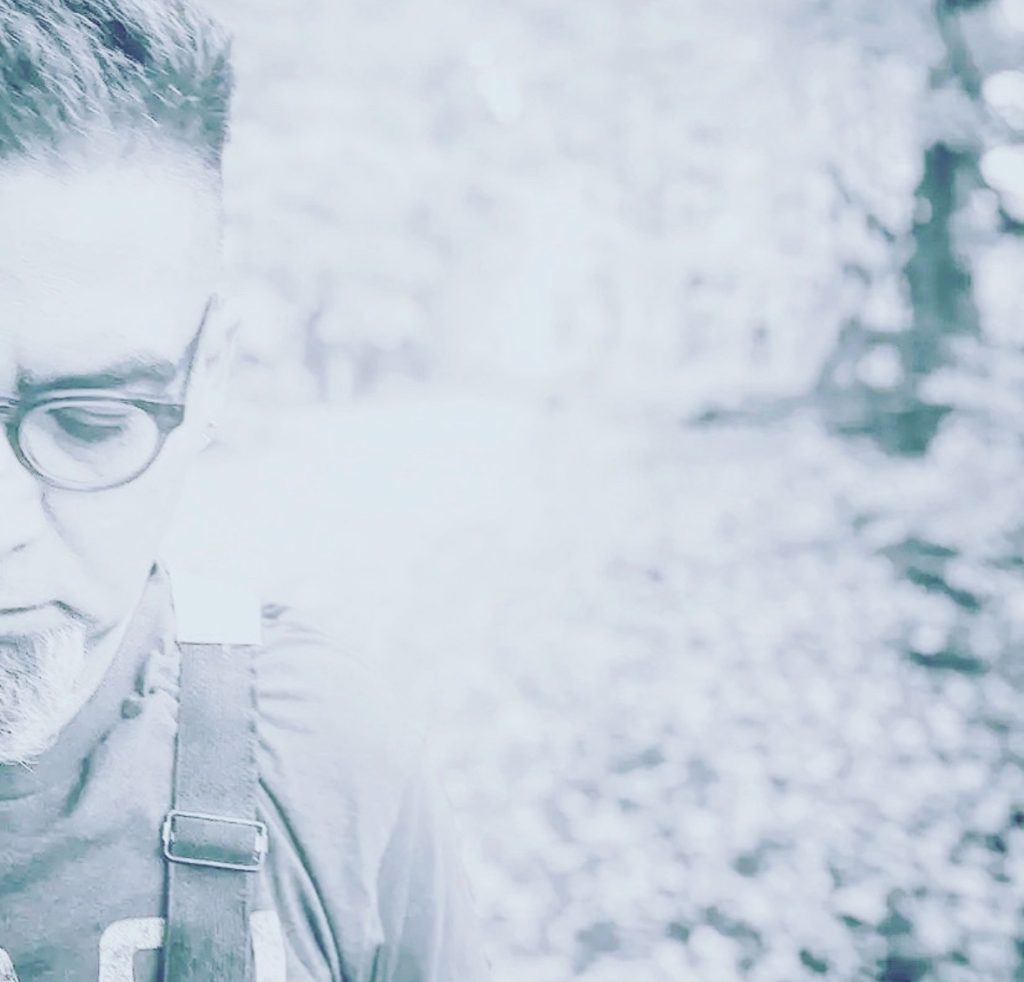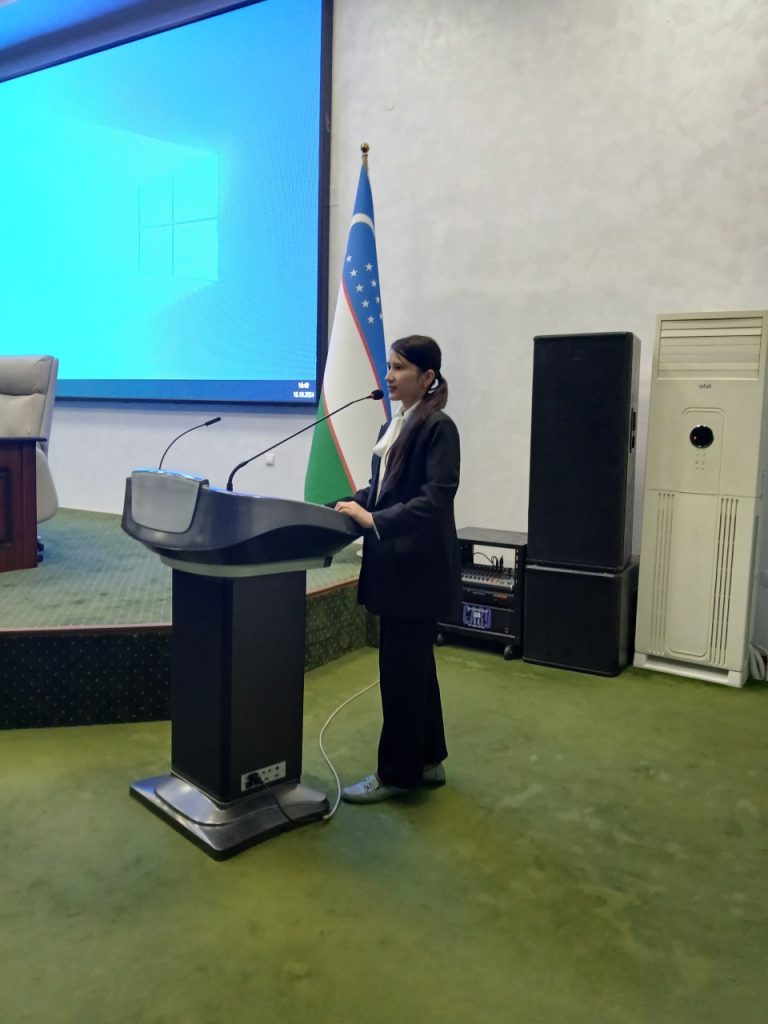
ALEXANDER FEINBERG IS A GENUINE POET WHO LIVES ETERNAL IN UZBEK’S HEART
Maftuna Bozorova O’lmas qizi
The first-year student in Uzbekistan State World Languages
In the faculty of Foreign languages and literature: English
ABSTRACT: This article basically describes the life of Alexander Feinberg, a pure-hearted and immensely talented national poet, translator, an author of many films, and writer. Alexander Feinberg’s dedication for the development of Uzbek poetry is covered in this article, giving readers a brief detail about his life. The information about his works, career and his importance in Uzbekistan, his great services for the Uzbek people is given concisely. Furthermore, by reading this article, you can learn not only about Feinberg, but also you recognize his true love and respect towards Uzbekistan and its nationality. Despite having some unfortunate moments and bad luck in his life, he managed to keep an interest for literature.
KEYWORDS: Alexander Feinberg, contribution, poetry, literature, awards, brilliant figure, heritage, dazzling, significance, remarkable.
Literature is such a bright sky that has a power of clouds, the brightness of the sun, and the quietness of the moon; such a garden which contains a plethora of fragnant flowers; such a golden bridge that unites all people and develop the bonds of friendship. When somebody asks about the person who has flied confidently and proudly in the firmament of uzbek literature despite being in an another nation, one can definitely remember Alexander Feinberg who was awarded the Pushkin medal in 2008 for his great contribution for the development of cultural relations between Uzbekistan and Russian Federation. He is one of the most incredible and national poets in Uzbekistan. His firm love toward Uzbek nationality led him to be a part of Uzbek literature so that he created many works, scenaries, and cartoons while living in Tashkent fo a long time. Literary works first and foremost determine dazzling remarkable expressive talent and aesthetic level. Alexander Feinberg Arkadeivich is brilliant figure of the second half of XX century’s Russian literature. His works stands out with its deep philosophical meaning, adversities of life and ability to learn people’s inner thoughts. Feinberg’s work make readers think, and leave rich and unforgettable impression emotionally.
One of the most bestseller and well-known book he wrote is called “Border”. This novel delineates events happened during the war years, and tells us about human exploits, boldness and confidence. The collection called “Frightening stories” also brought a huge fame to the writer. His stories make a reader feel threatened, give time to medidate themselves with various thoughts and effects emotionally. The psychology of people, fear and toxic relationships between people is clearly described in his stories.“Chigir”,a book published in recent years, caught the attention of many poetry votaries as a exclusive creative work. It is also worth mentioning that he translated many ghazals, poems and works of various Uzbek writers, including Alisher Navai, Erkin Vahidov, Omon Matjon, and Abdulla Oripov. He contributed for the works of Alisher Navai to be published in Russian language in 10 volumes.
Alexander is an author of fifteen poem collections. After enriching his knowledge of literature and vocabulary, and exploring “mysteries” in poetry consummately, he started to translate works of Uzbek writers and he has achieved many accomplishments in this field. Moreover, based on his scenarios, fourteen long literary films and more than twenty cartoons are shot for television. Generally, he gained a huge respect, love and affection in the soul of Uzbeks. In this process, in the words of V.A. Jukovskiy he tried to be ideal “rival” for those whose works are being translated by others, not the “slave”.
“A flock of swans” published in Tashkent, a capital city of Uzbekistan, “Rebellion of ghosts” by Erkin Vohidov, and such translations of the works of Uzbek poets are the greatest point of Feinberg’s translation performance. Although the poet Alexander Feinberg, who made remarkable contribution for the progress of Uzbek literature did not write in Uzbek language, his poems professionally embodied the characteristics and princeples of uzbek people. His works include “Etyud” (1967), “Soniya” (1969), “Poems” (1977), “Distant Bridges” (1978), “Short wave” (1983), “Free Sonets” (1990) and so on. His poems are printed in magazines named “Smena”, “Youth”, “New World”, “Eastern star”, “New Volga” and also in periodic publishers of foreign countries like USA, Canada, and Israel.
Some of his works covers a sense of humour. For instance, in his epic “Ruboiy tori”, he describes the plov, a national food in Uzbeks’ kitchen with jokes so that it is impossible to read this without smiling. It is noticeable that he managed to connect both Eastern and Western culture, their traditions. His works truly illustrate the link between past and present, traditionalism and progressivism, thereby creating a particular literary world.
A man can be alive, if he defies the lie,
Delay the time, he will never make a plea
You were the river, now turned to sea
You will soon emerge, as the ocean high.
Like grayish surf, the wave will soar,
Right on the arrogant, marble cliff,
With salty and bitter freshness biff.
In eons your images will dissolve,
All your life you have been so desperate.
To find out, that you were born great.
And longed for an angel’s voice for it.
So you he could say, yes, this is your fate.
This poem written by Feinberg has a deep meaning, and leaves a person silent so that he think about its words to understand the core meaning. Its words makes a person reflect and think for some time.
Alexander Feinberg worked as a consultant in the Uzbekistan Writers’ Union during 1965-1969. He conducted seminars for the writers of Uzbekistan in Tashkent for several years. He is an author of the film called “House under the hot sun” (1997, Uzbek film). After being accepted for Tashkent Topographical College, Feinberg wandered around the country as a geologist and it filled his heart with love for nature. At the same time, his first book “Bicycle Pathway” is published. With the great assistance of this book, he upsurged to progressive stages in literature.
Although is childhood ,the most significant moments of his life, coincided with World War II, he developed his passion for learning literature in order to be well-educated and have a shining and successful future. His talent and interest in literature evolved and started to work at the University Publication. Glancing at his literary works, it is not difficult to notice that his collections spread quickly around the world. He managed to become one of the great writers of his period among other Uzbek writers, despite being a Russian. In one of his essays, he wrote, “There is a cheer in my forehead, I live in the independent nation of Uzbekistan… Uzbek writers have helped me several times in the field of literature. Abdulla Aripov, Erkin Vohidov, and many others. During the moments of my career, more writers, artists, musicians, and other professionals have been friendly to me”. These words truly emphasize his huge esteem and admiration to Uzbeks and vice versa.
Why he gained such an honor in Uzbek’s soul? Firstly, he had a advanced level of creating works and poetic eccentric aptitude. Alexander is valuable figure for us, Uzbeks, and for his patriotism and loyalty for his motherland. His works that showcase a real love toward Uzbekistan and his attitude for poetry traditions require special pages in the history of Uzbek literature. His contribution for literature is highly regarded and respected by the government. Honourable awards, “Uzbekistan public poet”in 2004, “Culture personnel who served in Uzbekistan” in 1999 bear witness to endless respect of uzbeks toward such a great person. He absolutely can be a great motivation for everyone and he will continue to be a kind of genuine article for many in a long run. It is fair to say his works have been an intangible and prominent heritage for Uzbek literature.
REFERENCES
1.https://www.intereuroconf.com/index.php/THPFSPMS/article/view/3744/2903
2. Ishq degani bir qarashda tuyular oson, 811.161.1-1 84-2(2Рос=Рус) F20. Toshkent:Ijod NASHR nashriyoti, 2021. – 72b. ISBN 978-9943-6561-1-6
3.https://uz.wikipedia.org/wiki/Aleksandr_Faynberg
4.https://interonconf.org/index.php/idre/article/download/10923/9196/9003
5.https://yuz.uz/uz/news/aleksandr-faynbergning-yorqin-xotirasiga
7.https://mudarrisziyo.uz/index.php/innovatsiya/article/download/16/12/13
8.https://jeev.innovascience.uz/index.php/jeev/article/view/826/703
9.https://www.intereuroconf.com/index.php/IEMWDSE/article/view/3807/2938
10.https://www.intereuroconf.com/index.php/THPFSPMS/article/view/5126/3780




